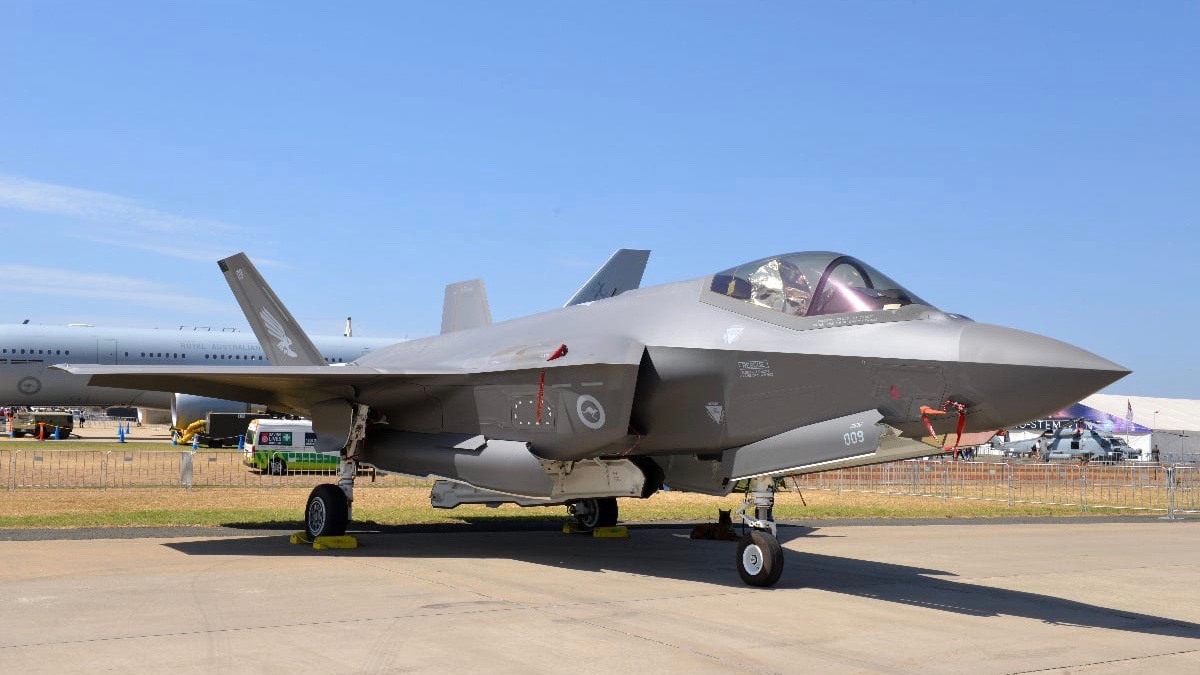The United Arab Emirates (UAE) on Tuesday, December 14, announced that it is suspending discussions on an arms deal worth USD 23 billion with the US, multiple news reports stated. The deal involved the sale of 50 F-35 fighter jets, 18 armed reaper drones and other sophisticated weapons by the US to the UAE. Following the announcement, the US government scrambled to save face and insisted that the deal will eventually go through once certain issues are settled. The deal was signed on the last day of the presidency of former US president Donald Trump on January 20 this year. It was forged as a side deal after the UAE established ties with Israel, along with some other Arab countries, by signing the Abraham Accords.
The UAE embassy in Washington DC in a statement said, “the UAE has informed the US that it will suspend discussions to acquire the F-35. Technical requirements, sovereign operational restrictions, and the cost/benefit analysis led to the reassessment.” The statement added that “the U.S. remains the UAE’s preferred provider for advanced defense requirements and discussions for the F-35 may be re-opened in the future.”
The development is being seen as a major setback for US arms manufacturers and military-industrial complex, accused of making huge profits from war and the sale of deadly weapons to countries around the world. US president Joe Biden had ordered a review of the deal after taking office in January, but gave it the green signal in April despite international rights groups and human rights activists calling upon his administration to cancel the deal due to the grave human rights violations and war crimes committed by the UAE in the war in Yemen, predominantly using US weapons and intelligence support. A recent attempt in the US senate to block the deal also failed despite a number of US lawmakers raising concerns about US weapons contributing to perpetuating war and human suffering in war zones and conflict-affected countries.
The Biden administration tried to address these concerns, with a US state department official telling news outlets that “the Biden-Harris Administration remains committed to the proposed sales of F-35 aircraft, the MQ-9B, and munitions even as we continue consultations to ensure that we have a clear, mutual understanding of Emirati obligations and actions before, during, and after delivery,” adding that the US is “hopeful that we can work through any outstanding issues, and we look forward to the US-UAE Joint Military Dialogue later this week.” A high-level UAE military delegation is scheduled to visit the US this week.
A US department of defense spokesman in a statement on Tuesday said that the partnership between the US and UAE was more strategic and complex than one arms deal and that the US was committed to solve all unresolved issues between the two sides. He said, “we will always insist, as a matter of statutory requirements and policy, on a variety of end-use requirements” for US-made military equipment which “are universal, non-negotiable, and not specific to the UAE.”
According to news reports, among the reasons for the cancellation of the deal is the UAE’s significant and expanding ties with China, whom the US regards as its principal adversary. Over the last decade, China has become the predominant economic and trade partner of countries in the Gulf region, similar to many other regions of the world. The UAE has been using Huawei technology for its domestic 5G infrastructure. China is heavily involved in the region through its several infrastructure and investment projects, which form a vital part of its ‘Belt and Road Initiative’ aimed at improving global trade ties and advancing economic growth. This has led the US to express concerns about allegations of espionage and the risk of compromise to US military and intelligence equipment. The US last week forced the UAE government to halt Chinese construction on a port project near Abu Dhabi after alleging it could be used to further Chinese military interests.
UAE officials have reportedly told US officials that the security requirements laid out by the US to safeguard its high tech weaponry from supposed Chinese espionage are too onerous. The UAE has already started looking towards other countries to potentially buy arms. Its most recent purchase included 80 Rafale fighter jets and dozens of military helicopters from France. The US however remains firm on its stance regarding China. One US official told news outlets, “frankly, we have some questions of our own. This sort of back-and-forth is not unusual for significant arms sales, and we are hopeful we can work through these issues and we think the joint military dialogue will give us an opportunity to do so.”
Despite the change in administration, US opposition to China has remained constant with president Biden continuing in the footsteps of Trump, telling Abu Dhabi Crown Prince Mohammed bin Zayed that Chinese activity could have a negative effect on US-UAE relations.





